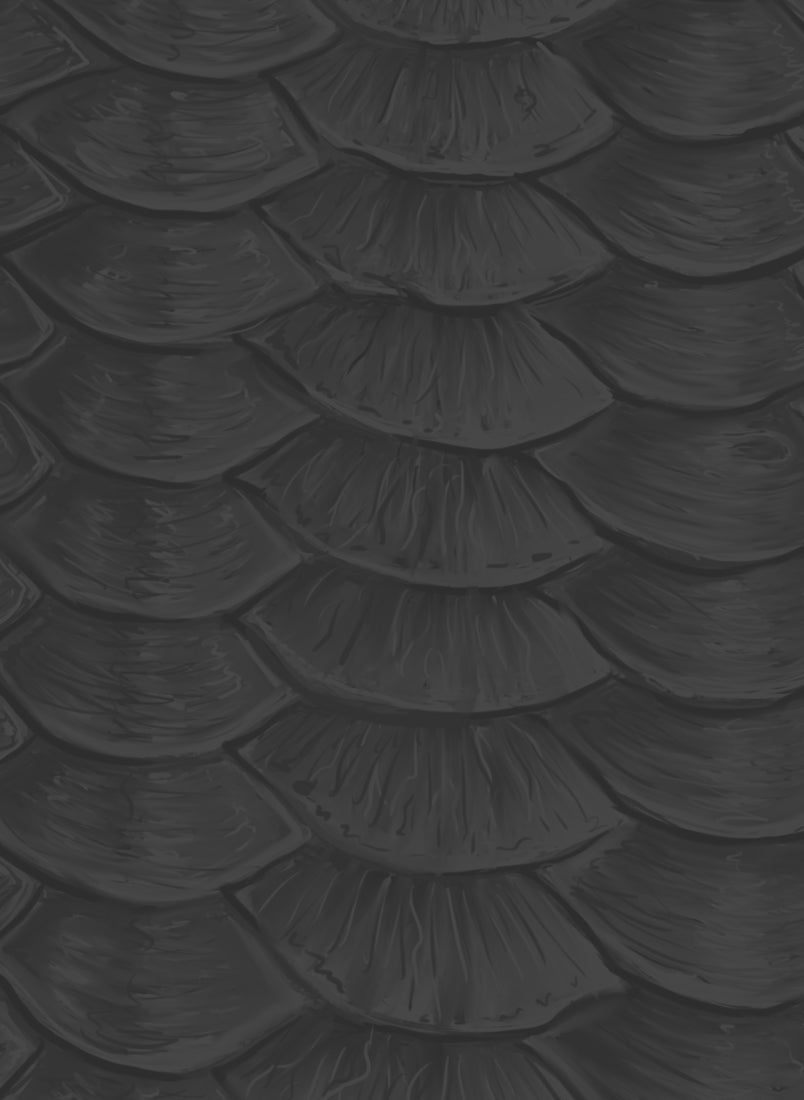
Trip Report: Seychelles Astove Atoll's Giant Trevally and Permit
“Remote” is hardly sufficient to describe this fishery. The atoll is closer to Madagascar than it is to Mahe—the main island of the Seychelles. Astove barely registers on Google Earth. But it is there. Astove Atoll was formed over 25 million years ago, leaving behind the horseshoe-shaped island and an unusually shallow lagoon. Born from geological violence and unimaginable periods of time without human interference, there is now beauty wherever you look.
Arriving on Astove is an undertaking from anywhere in the world. From my home in Dubai or the states or Europe, even after regularly scheduled international flights into Mahe, there are two 90-minute private charter flights to get to this angling paradise. The first leg stops on Alphonse Island and the second leg is from Alphonse to Astove.
Once on Astove the tropical wilderness awaits. Giant tortoises are the principal residents. Sunbirds, endemic to the Aldabra group, flutter about as you enjoy your breakfast. Sir David Attenborough could easily pop out at any moment whispering about its flora and fauna. But what about the fishing? Astove may well be the most unusual place you can wave a fly rod.
The fishing is as exciting as it gets and will depend on the species you are after and the state of the tides. On an incoming tide healthy numbers of permit, bonefish, and Giant Trevally move into the lagoon to feed, and then drop out as the water recedes. During the first few days of our trip, during neap tides, I saw a few permit but did not find them settled or feeding.
On the other hand, my fishing buddy Sam was finding success on the ocean side flats catching numerous GTs in the surf and massive GTs were also spotted causing mayhem in the mouth of the lagoon. Highlights of the trip include a long GT stalk in skinny water. On the second morning I spotted a large fish meandering menacingly up the lagoon.
Its shoulders made a bow wave that disturbed the early morning peace. The lagoon is so shallow my guide, Enrico, had to pole the skiff for some time hoping the fish would turn or slow down. Finally, the fish did. However, when the fish did slow down, two smaller GTs appeared from nowhere. F@ck. I cast well beyond the two upstarts and to the side of the larger fish, hoping they would not upset the party. As the brush fly landed, the big fish spotted the fly and chased it down with criminal intent.
I stripped as fast as I could and twice more for luck and then held on for dear life, maintaining a strong hold on the line with my left hand and watched the fish zoom off leaving a rooster tail wake. Believe me, it is a thing to behold seeing a large GT speed off in a foot and a half of water. As bad luck would have it, I spotted a line knot and cringed as the knot fired out through the rings. After a stressful fight, helped by a full drag lock and great skills from Enrico, we soon had a 106.5cm GT to the boat.
A solid fish. Later in the week I caught some smaller GTs and, sadly, even lost one to a shark—be warned, hungry lemon sharks are everywhere. However, the best hadn’t even happened yet. On my penultimate day, I ventured out with head guide Brad Simpson. Brad is a seasoned pro…and a fellow permit nut. We were searching for the permit that should be dropping out of the lagoon. We found them. Lots of them.
Over the course of an hour and a half we witnessed wave after wave of schools of permit, all of them rushing to get out of the lagoon. Maybe two hundred fish passed us.
What a sight! We threw everything at them—Alphlexos, Gotchas, Brad's own custom flies, apples, chips from our lunch…and nothing. Eventually we encountered a small school moving slowly and circling back towards the lagoon. One nice cast with a Brad tied pattern and a small permit attacked the fly. A short fight and some talented net-work from Brad, and I had caught my first ever Indo-Pacific permit.
Jubilation and possibly a high five followed. Elsewhere, my buddy Sam was targeting tailing bonefish is skinny water and hunting GTs, enjoying multiple success on both fronts. Alphonse Fishing Company should be proud of the team on Astove. The accommodations are very comfortable and housed in the aptly named Coral House. The lodge was built by an adventurous English family who lived on the island in the 1960s and has been updated to cater to anglers. The kitchen is run by Luke and Gaby and the service and food were exceptional.
We enjoyed a variety of fresh food, fish, meat, and drinks served at breakfast and dinner, prepared with passion and flair. Trophy fish were toasted throughout the week. Ring the bell! Astove is one of the best places I have visited—
I cannot wait to return to see the masses of permit venturing out of the lagoon and it is highly recommended for anyone with stamina, strong boots, and plenty of spare rods required to fish it well Astove is a raw, wild place. It is unforgiving, shark-infested, and unforgettable. Thanks to YD, Brad, Enrico, Rudolph and the Astove team.


























